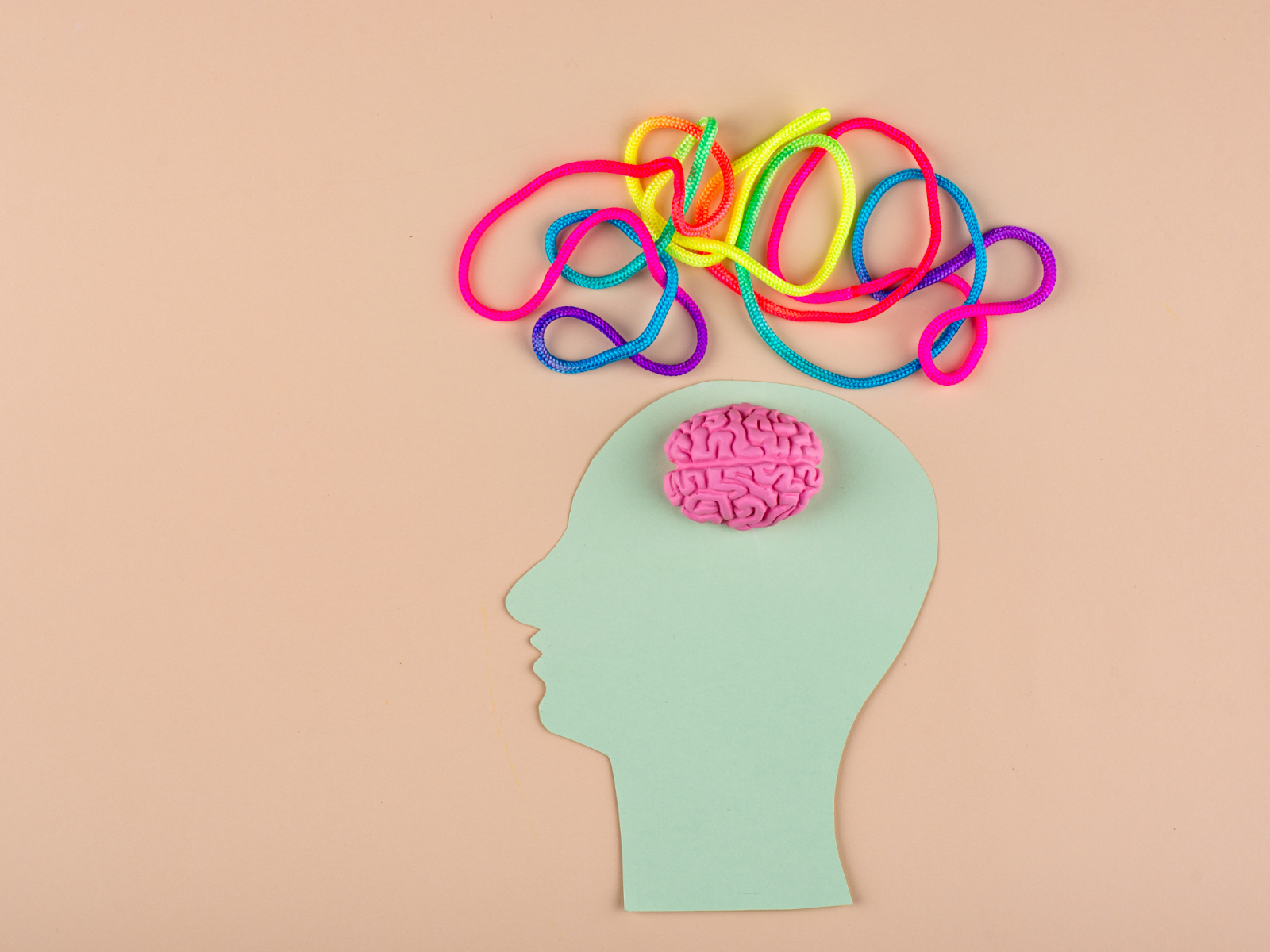Neurodiversity isn’t a disability or condition. It simply means that different minds work in different ways. Those differences can impact how we live, think, communicate, and function. While neurodiversity is often seen as a challenge, it doesn’t necessarily have to be – and even when it is, it’s not all negative. That’s why we set out to come up with several ways to embrace neurodiversity just in time for Neurodiversity Celebration Week, which takes place March 18th-24th.
4 Easy Ways to Embrace Neurodiversity in Your Life
Whether you are neurodivergent yourself, know someone who is, or just want to learn more, these tips will help you embrace neurodiversity in all forms.
1. Learn more about all different types of neurodiversity.
Let’s imagine a hypothetical scenario where three people all want to do the same thing: draw a house on a piece of paper. Person A starts by drawing a simple outline of a square, then a triangle roof, two windows, and a door. Person B draws a 3D house.
By the end, both people have completed the same task. But how they completed it and why is where they differ – their brains followed different steps to get to the result. That’s diversity in thought and neurological function – that’s neurodiversity.
But wait a minute. Doesn’t that mean everyone is technically neurodiverse? In a way, it can.
However, we often use the words “neurodivergent” to describe people with certain conditions, disabilities, or needs because they’re in the minority. To return to our example, there are millions of person A’s, but only a small percentage of person B’s. That makes those individuals and their needs seem to stand out or go against the “norm.”
Our job as friends, families, and community members is to ensure that all types of neurodiversity – different ways of working, thinking, communicating, etc. – are understood and seen as equal. Learning more and asking questions is one of the best ways to bring that goal to life.
2. Brainstorm accommodations that meet your needs.
Don’t be afraid to set up your home, office, classroom, or any other space to fit your needs. Function is always allowed to come before style or expectations.
Tend to forget things? Put a whiteboard right by your door where you can leave reminders. Keep sensory toys in your desk or bag. Post sticky notes around your home with words of affirmation.
Do whatever you need to do to live your best life, and don’t worry about what anyone else thinks!
3. Grab a good book written by a neurodiverse author or about neurodiversity.
No one can speak better to the experiences of being neurodivergent than an author who identifies with the term. Books are great tools for inspiration, comfort, and strength. Hearing about others and their experiences can help you navigate challenges of your own. It also may empower you to see yourself as anything (or anyone) you want to be.
4. Practice advocating for your needs – then do it!
We know that speaking up for yourself can be tricky and even scary. But if there’s ever a time to challenge yourself to share your needs with others, it’s now!
If you’re someone who could benefit from more support (such as new accommodations, access to more services or equipment, etc.), take some time to jot down what you need.
It’s okay if you’re not totally sure yet; just give yourself the space to get your thoughts onto the paper. Use this exercise to help you identify what to ask of others, what to ask of yourself, and where to turn for solutions that will make your life easier.
How to Welcome Neurodiversity Celebration Week
Neurodiversity Celebration Week is all about shifting the narrative around neurodiverse individuals and helping the whole world see a balanced view of what it’s like to be neurodivergent.
Get ready to ring in this week of awareness with one of these easy ideas.
- Sign Up for Events: The team behind Neurodiversity Celebration Week hosts free educational events that you can sign up to attend as you please. This year, there are 24 free events to choose from. Get inspired as you explore topics like neurodiversity in the classroom, neurodiversity for women and girls, LGTBQIA+ and neurodiverse experiences, and more.
- Host a Neurodiversity Activity: Lead a neurodiversity-focused event in your classroom, at your office, or even at your home. Another option is to invite a guest speaker or presenter to your space.
- Spread the Word: Help change the narrative by sharing your story and raising awareness on social media. Celebration Week even has a social media pack with images and graphics that you can download and post.
Learn More About Neurodiversity & Disability
We hope these tips help you celebrate and embrace neurodiversity in yourself and others. You can always count on NeuroNav for quality disability resources that will help you better understand your needs and advocate for the support you deserve.
Our mission is not only to provide useful information but also to support participants of the California Self-Determination Program. If you live in California and could benefit from more control over the supports and services you use to meet your needs, contact our team to learn more. We’re here to discuss your next steps and show you how NeuroNav can help along the way.

.png)


